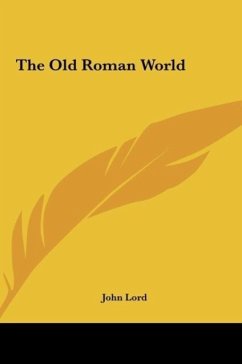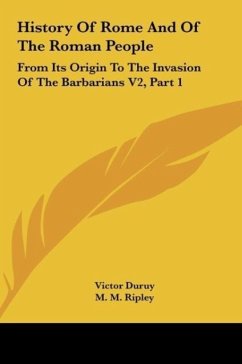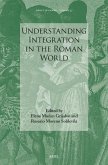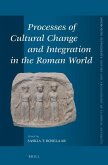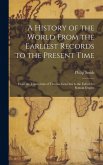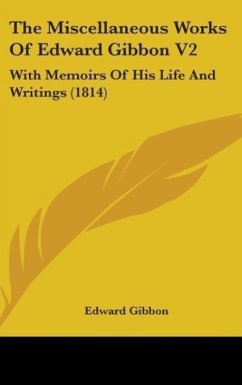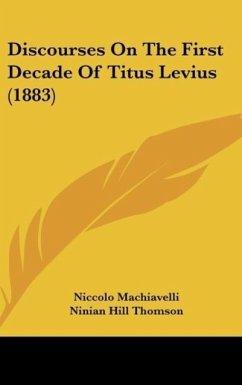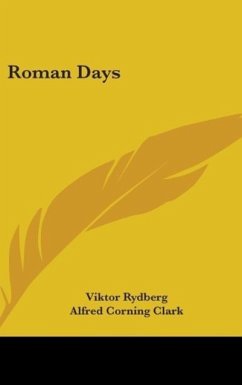Whatever may be said of the inferiority of the ancients to the moderns in natural and mechanical science, which no one is disposed to question, or even in the realm of literature, which can be questioned, there was one department which they carried to absolute perfection, and to which we have added nothing of consequence. In the realm of art they were our equals, and probably our superiors; in philosophy they carried logical deductions to their utmost limit. They created the science. They advanced, from a few crude speculations on material phenomena, to an analysis of all the powers of the mind, and finally to the establishment of ethical principles which even Christianity did not overturn.

